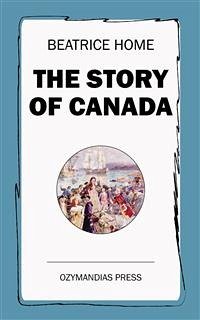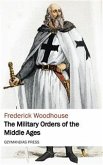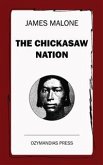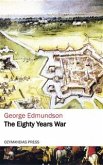Canada, which is now bounded by the Atlantic on the east and the Pacific on the west, was at one time a small province on the St. Lawrence, the name as used by the Indians meaning nothing more than a village. The history of Canada begins with the discovery of America by Christopher Columbus in 1492, though there are stories that, as long ago as A.D. 1000, the island of Newfoundland and Nova Scotia were discovered by Norsemen who went exploring from their homes in Greenland. There are two old sagas, or songs, of the Icelanders, which tell of the heroic deeds of these Norsemen, but their adventures belong to the days of legend. Real history does not begin until Columbus opened to Europe the way to the West. While Spain, through Columbus, was getting rich with the wealth of the West Indies and Central America, England turned her attention to the north of the wonderful New World that had just been discovered. She was the first to set foot in Canada, little dreaming that it would in after-centuries become such an important part of the British Empire. John Cabot, an Italian sailor from Venice, appealed to Henry VII. of England for permission to discover some of the unknown lands in his name. Cabot had appealed first to the Kings of Spain and of Portugal, but these monarchs had been too much occupied with the lands they had already discovered to give him any support. Henry VII. was anxious to obtain a share in the wealth and honour which were being showered upon Spain and Portugal, so he willingly granted a patent to the bold sailor and his son Sebastian. But, being both cautious and mean, he gave them nothing else. They were to provide the whole cost of the expedition themselves. The Cabots set sail from Bristol in the spring of 1497, and discovered Newfoundland and the coast of Labrador. The next year they started off again, and travelled all down the coast from the bleak shores of Labrador to South Carolina, finding an open sea in the North which they hoped would lead to Cathay and the spice islands of the East. These spice islands were the great attraction for all the adventurous spirits of the sixteenth century, who were fired with the desire to find a new and quicker way to the wealth of India and China, instead of the long and dangerous journey round Africa. All classes of people shared their enthusiasm. Kings were eager for new lands to be added to their dominions, merchants for new openings for trade, sailors for the joy of discovery, and priests for more souls to be won for Christianity...
Bitte wählen Sie Ihr Anliegen aus.
Rechnungen
Retourenschein anfordern
Bestellstatus
Storno









